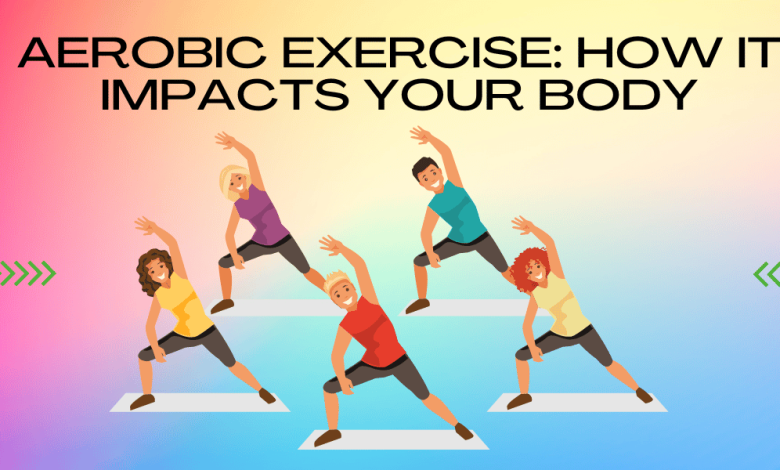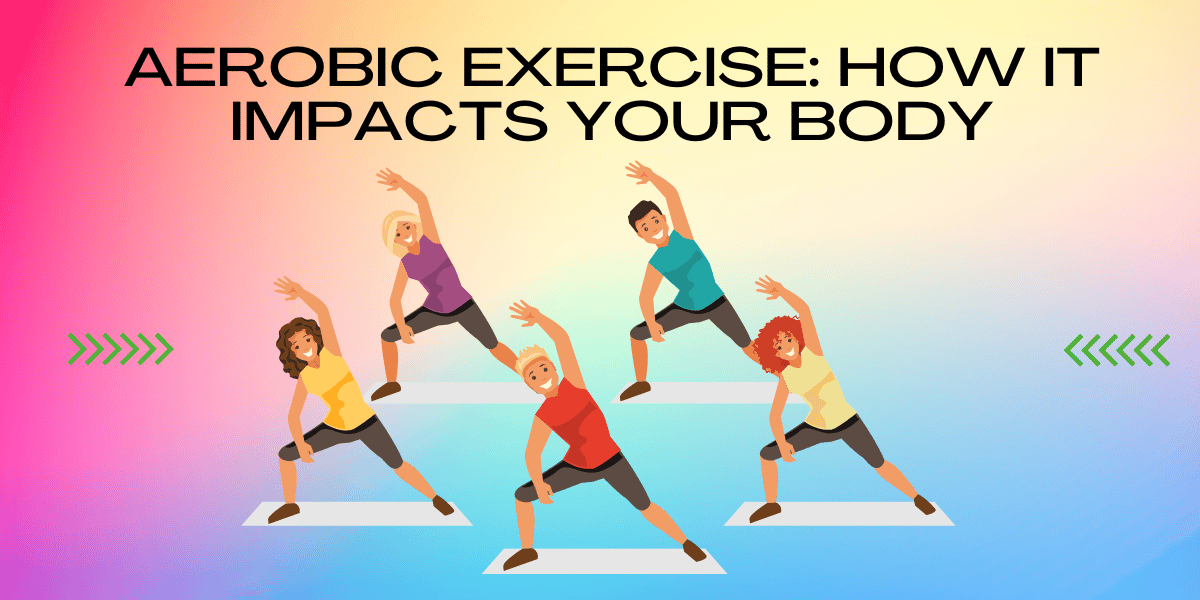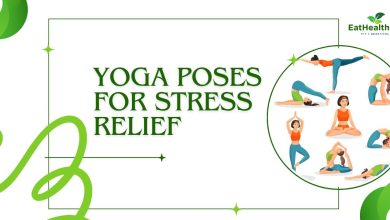
Aerobic exercise, often referred to as cardio, is a cornerstone of a healthy lifestyle. Whether it’s brisk walking, jogging, swimming, or cycling, aerobic activities get your heart pumping and your blood flowing. But beyond the immediate feeling of increased heart rate and breathing, what exactly happens to your body during and after aerobic exercise? In this blog post, we’ll dive into the fascinating world of aerobic exercise and explore how it impacts your body, from head to toe.

The Cardiovascular System: Heart Health
One of the most obvious effects of aerobic exercise is on the cardiovascular system. As you engage in aerobic activities, your heart rate increases to meet the oxygen demands of your muscles. Over time, this regular exercise strengthens your heart, making it more efficient at pumping blood. This can lead to a reduced resting heart rate, lower blood pressure, and a decreased risk of heart disease.
Lungs and Breathing: Respiratory Efficiency
Aerobic exercise is also a workout for your lungs. During exercise, your respiratory rate increases to supply your muscles with oxygen. This improved oxygen exchange can enhance your lung capacity and efficiency. Over time, you’ll notice that everyday activities require less effort, and you can breathe more comfortably.
Weight Management: Calorie Burn
Aerobic exercise is a powerful tool for weight management. It burns calories, helping you maintain a healthy weight or shed excess pounds. The intensity of your workout and its duration influence the number of calories burned. Regular aerobic exercise can lead to a more balanced energy equation, contributing to weight loss when combined with a healthy diet.
Muscle and Endurance: Strength and Stamina
While aerobic exercise is often associated with cardiovascular benefits, it also strengthens your muscles. Activities like running and cycling engage major muscle groups, promoting overall muscular endurance. Regular aerobic workouts can lead to toned muscles and improved stamina, allowing you to enjoy physical activities for longer durations.
Mood and Mental Health: The Mind-Body Connection
Aerobic exercise doesn’t just benefit your body; it’s a boon for your mind as well. Physical activity triggers the release of endorphins, those feel-good hormones that reduce stress and boost mood. Regular aerobic exercise is associated with lower rates of depression and anxiety, offering mental clarity and emotional well-being.
Bone Health: Stronger Skeletal Structure
While aerobic exercise isn’t a weight-bearing activity like strength training, it still contributes to bone health. Weight-bearing aerobic exercises like jogging or dancing can stimulate bone density, reducing the risk of osteoporosis.
Immune System: Enhanced Defenses
Moderate aerobic exercise has been linked to improved immune function. Regular workouts may help your body fend off infections by increasing the production of immune cells and promoting their circulation.
Conclusion
Aerobic exercise isn’t just a means to an end; it’s a journey that transforms your body and mind. Whether you’re striving for better cardiovascular health, a trimmer physique, or a brighter mood, aerobic exercise delivers an array of benefits. The impact of aerobic exercise is not limited to the physical; it extends to your mental and emotional well-being. So, lace up your sneakers, hit the trail, or jump in the pool because the world of aerobic exercise is waiting to transform your life.




